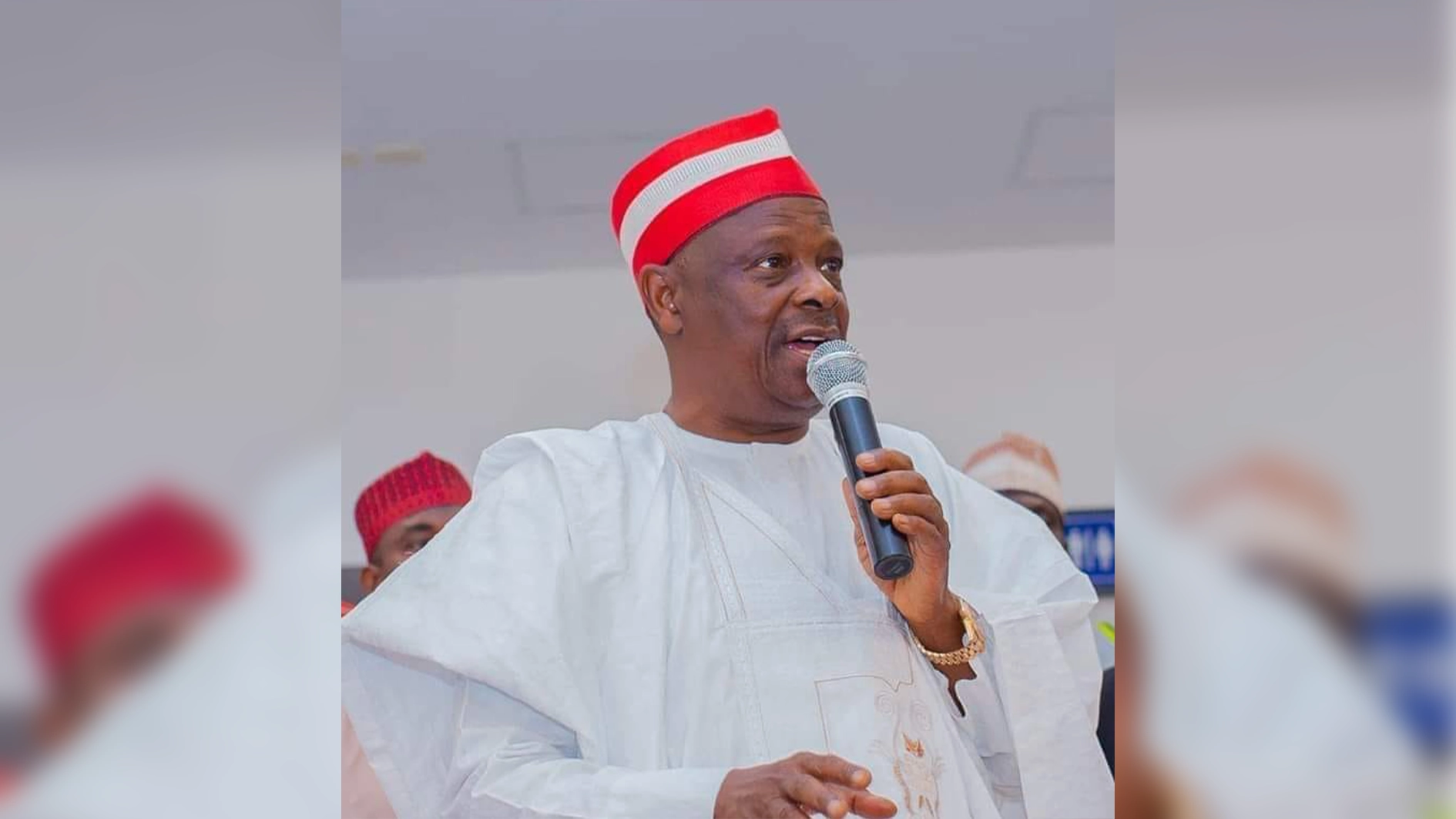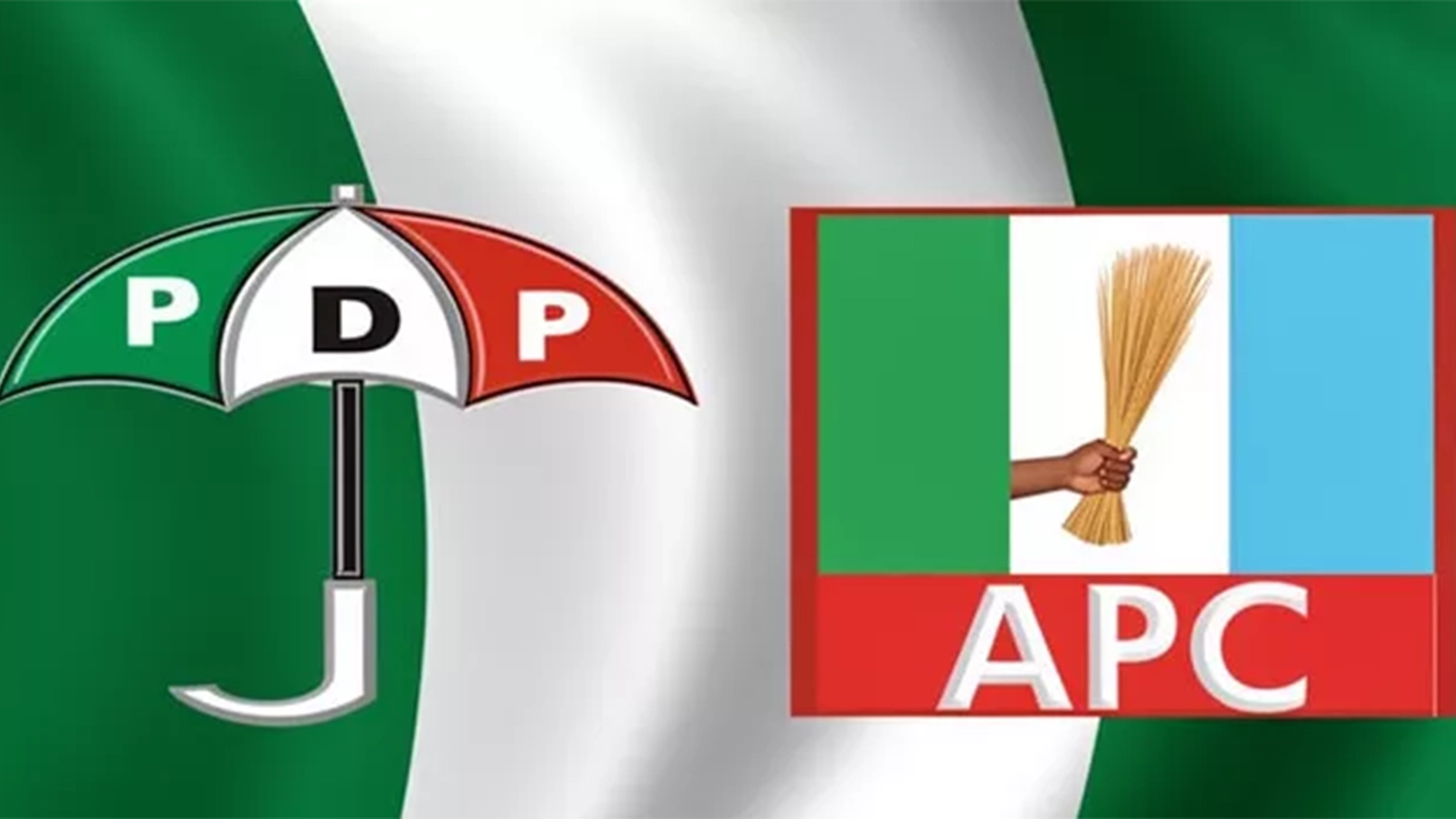
This week, as Nigeria observes “Democracy Day” and civil society honours the memory of victims of violence, we are once more compelled to reflect on the value of the Nigerian citizenship. Clearly, Nigeria is not getting better. In fact, it has worsened steadily since October 1, 1960. Thanks to modern technology, this fact is often disguised. But the reality persists patiently behind the façade of technological progress. As social media denizens often remark, just one major illness stands between many of us and destitution.
But Nigerians in general have become so used to this state of affairs that we no longer have proper standards for judging between bad and good. Ideally, bad governance should be one that falls below the standards we have attained in the past. Mediocre governance should be one that achieves the standards we have once attained. Good governance should be one that surpasses anything in our history. But in our current reality, bad no longer exists, mediocrity has little meaning, and literally anything done by a government is now commendable. For many Nigerians in troubled areas, just getting home alive is enough to thank government.
Worse than these deteriorating expectations, government also tries to normalise the minimum, wounding our collective psyche in the process. In a country that built what was once the longest bridge in Africa, public officials some thirty years later proudly celebrate the construction of minor link roads. The government unashamedly makes a show of the most mundane projects, as if daring us to reject its notion of magnanimity.
Consider poverty alleviation: this idea has been reduced from a premise of comprehensive legal and policy reforms to “constituency projects”: gifts to the less privileged to “enable” them eke out an unsustainable subsistence through what are often skills that have little demand in the world market. This is why, for example, in Kano last week, the Vice President could praise (without irony, I assume) the launch of a training on tricycle repair and vulcanizing as a “unique initiative” which “will help to further build the capacity of the youths…across the country.” Naturally, some have agreed that this project is commensurate capacity development for poor Nigerians.
But there is nothing mystical or inevitable about poverty. Poverty is, to put it simply, a socioeconomic condition arising from either the lack of social safety nets for the unfortunate or the deprivation of equal opportunities and access to social goods and public resources. And the Nigerian government reinforces poverty. This is not just in the management of the economy and the arbitrary allocation of resources, but also in the way it normalises the subsistence market. The general attitude of public officials to the less privileged – a majority of Nigerians – is patronising and paternalistic: some things are too good for the poor.
Yet, on the other side of town, another level of constituency projects exists. These are the negotiations for and awards of tax breaks, major economic licenses, government waivers and exemptions, and even land use concessions to the political elite. At this level, decisions on Nigeria’s income and expenditure are made with little or no reference to the interests of poorer Nigerians. Basically, international trade deals and massive infrastructural project are intended for the direct benefit of the political elite. In many cases, these decisions are directly injurious to the welfare of the masses. For example, a government can make a decision to eject the poor occupants of land (possibly the same recipients of tricycle and vulcanizing hand-outs) in order to build a luxury estate. If the government cares enough, it may smoothen its detrimental decisions with sermons on patience and faith, and assurances that things will eventually get better. But nothing gets better except where the elite will benefit from the improvement.
And so, the political elite deals with individuals in government while the majority, negotiating from a place of powerlessness, have to confront unresponsive systems. Dangote walks in to see the Minister while Yakubu can barely access the ministry’s gate. But democracy requires that the life of every citizen is equal in dignity and rights. The president should not be superior to his driver outside their official roles; Dangote’s transport business should have exactly the same access to tax breaks or waivers as Yakubu’s keke business; and one woman should not get an oil bloc while another gets a sewing machine under the guise of “different realities” when the difference in their realities is itself a consequence of bad governance.
Now is the time to reflect on the trajectory of a state that has refused to become a nation. We ought to reflect on the relationship between each individual Nigerian – whether farmer or herder, banker or trader – and the state. How long will the Nigerian state continue to exist independently of its people? How long will the approval of the elite be the precondition for policy direction? When will ordinary Nigerians shape the direction of public policy?
It is time to think beyond the four-year span of individuals in government and start seeing the systemic persistence of an unchanging and unchallenged ruling class.
Read more on theguardiannig.wpengine.com/contributors/ayo-sogunro/
[ad unit=2]






